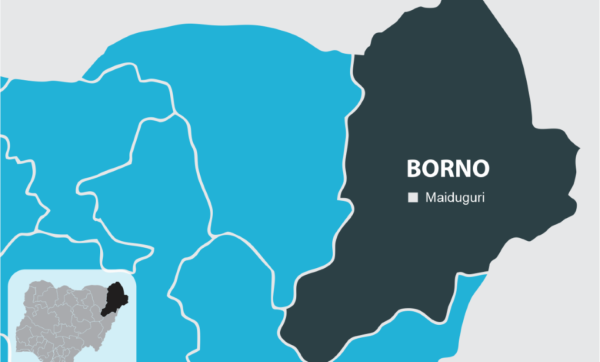Borno State has officially commenced the exportation of locally manufactured plastic products to neighboring countries, beginning with Chad and Cameroon, as part of efforts to boost industrial self-reliance and reduce dependence on federal allocations.
The export initiative is anchored on the state-owned Borno Plastic Industry Park, which was originally established during a previous administration but has been revitalized and expanded under the leadership of Governor Babagana Umara Zulum.
To ensure sustainability and commercial efficiency, the factory now operates under a Public-Private Partnership (PPP) arrangement, with Tatabe Global Services overseeing daily operations, production, and marketing, while the state government provides policy direction and supervision.
Products and operations
Operating at full capacity, the factory produces a variety of household and industrial plastic items, including:
- Plastic chairs and tables
- Basins and buckets
- PVC pipes
These products are being sold both within Nigeria and abroad, helping to reduce the state’s reliance on imported goods and promoting local content development.
Expanding export markets
Finished plastic wares from the Borno Plastic Industry Park have already been shipped to Chad and Cameroon, marking the beginning of what the management describes as a long-term export strategy.
According to the General Manager of the plant, there are ongoing plans to establish retail outlets in N’Djamena, Chad, and the Central African Republic, to strengthen Borno’s presence in regional markets.
Economic and social impact
Governor Zulum described the initiative as a milestone in Borno’s journey toward economic diversification and post-conflict recovery.
“Our goal is to build an economy that stands on its own — one that creates jobs, attracts investment, and gives our people hope beyond government allocations,” he said.
The initiative has already generated hundreds of direct jobs for residents, offering vital sources of income and stimulating small-scale trade activities in the region.
Economic analysts have praised the development as a symbol of industrial rebirth in Borno, signaling the state’s transition from a conflict-affected region to an emerging hub of sustainable growth and regional trade.


